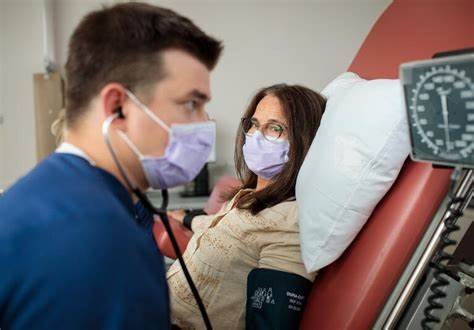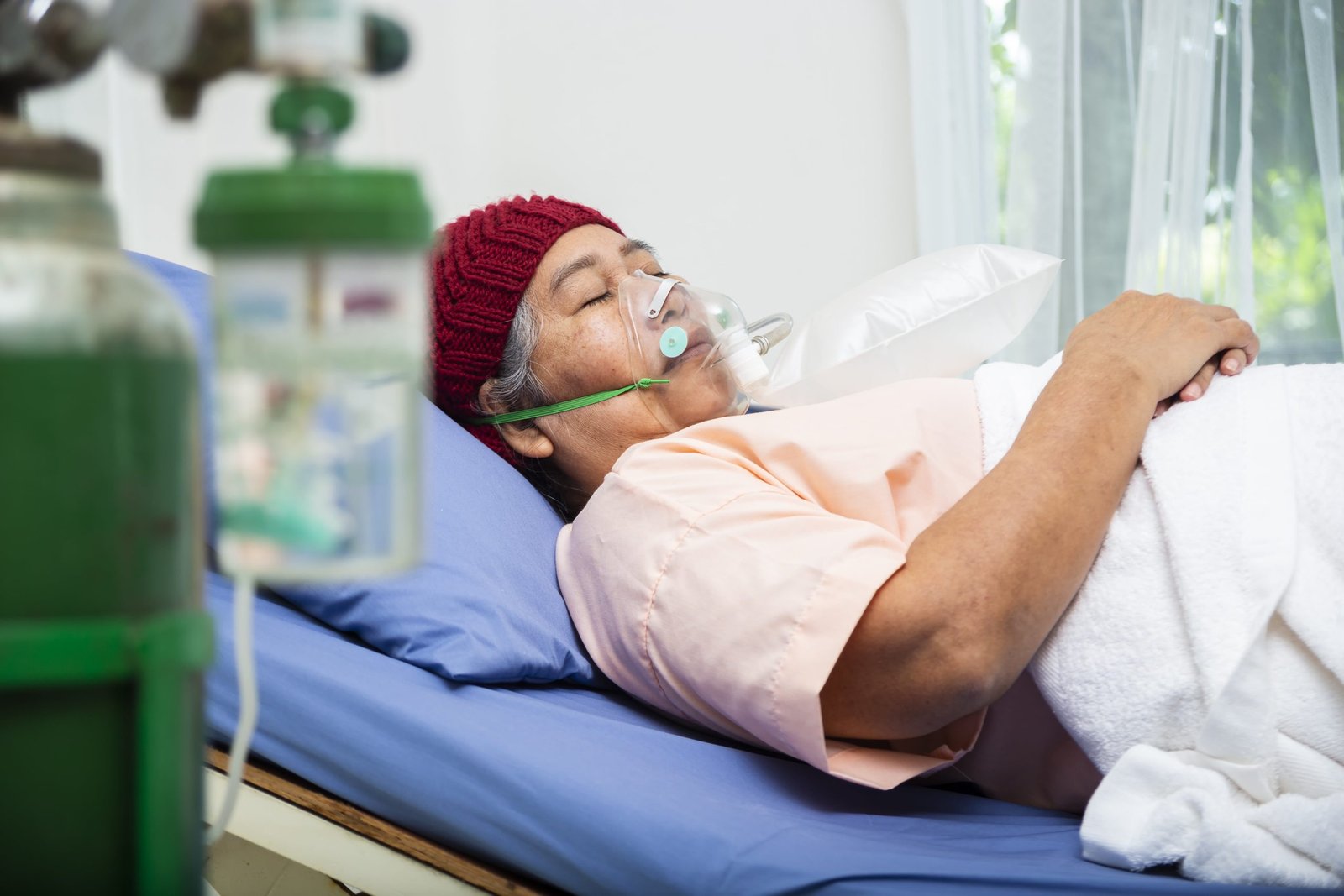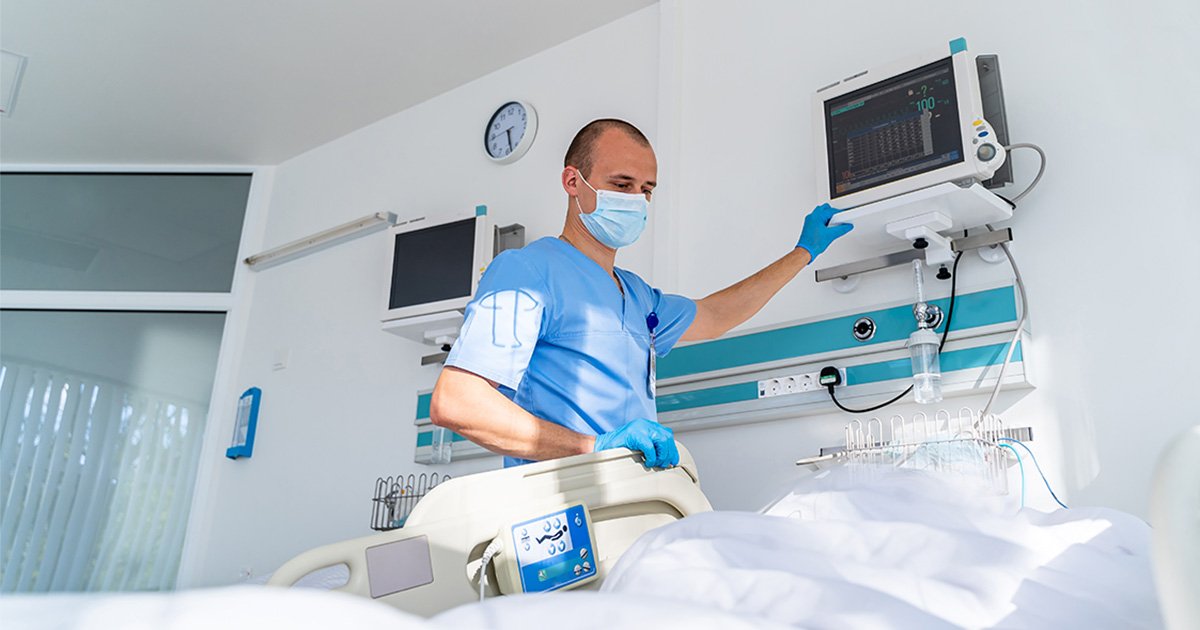When a loved one is in the ICU, the focus is often on the immediate physical recovery. However, many patients experience lingering effects after they leave intensive care. Post-ICU Syndrome (PICS) refers to a range of physical, cognitive, and psychological issues that can arise following a stay in the ICU. Understanding this syndrome is crucial for families to provide the right support as their loved ones recover.
What Is Post-ICU Syndrome?
Post-ICU Syndrome encompasses a variety of challenges that patients may face after their ICU stay. These can include physical issues like muscle weakness and fatigue, cognitive difficulties such as memory problems or difficulty concentrating, and psychological symptoms like anxiety, depression, and post-traumatic stress disorder (PTSD). PICS can last for weeks, months, or even years, and its severity can vary from person to person.
Physical Challenges After ICU
Patients who have been in the ICU for extended periods may experience significant physical weakness due to the effects of prolonged bed rest, medical interventions, or the critical illness that led to their ICU stay. This muscle atrophy can make it difficult for patients to return to normal activities, including walking, bathing, or even standing.
Cognitive and Psychological Effects
In addition to physical symptoms, patients may struggle with memory, attention, and executive function. Many ICU survivors experience post-traumatic stress, leading to feelings of fear, confusion, and frustration. They may also experience hallucinations or vivid dreams during their stay, which can contribute to a sense of disorientation once they return home. Anxiety and depression are also common, especially if the ICU stay was particularly traumatic.

How Families Can Support Their Loved Ones
- Be Patient: Recovery from PICS can take time. Be patient with your loved one as they navigate the challenges of rebuilding strength, both physically and emotionally.
- Encourage Gradual Activity: Help your loved one start with small, manageable physical activities, like short walks or simple stretches, to regain strength.
- Provide Emotional Support: Offer a listening ear and provide emotional reassurance. Let them know that it’s normal to feel anxious or overwhelmed.
- Seek Professional Help: Encourage your loved one to seek counseling or therapy if they experience anxiety, depression, or PTSD. Occupational and physical therapy can also be helpful.
- Create a Calm Environment: A supportive, calm home environment can be beneficial for emotional recovery. Minimize stress and allow for plenty of rest.
Conclusion
Post-ICU Syndrome is a challenging reality for many survivors, but with the right understanding and support from family, recovery is possible. By being informed and offering emotional and practical help, families can play an essential role in their loved one’s journey back to health.











